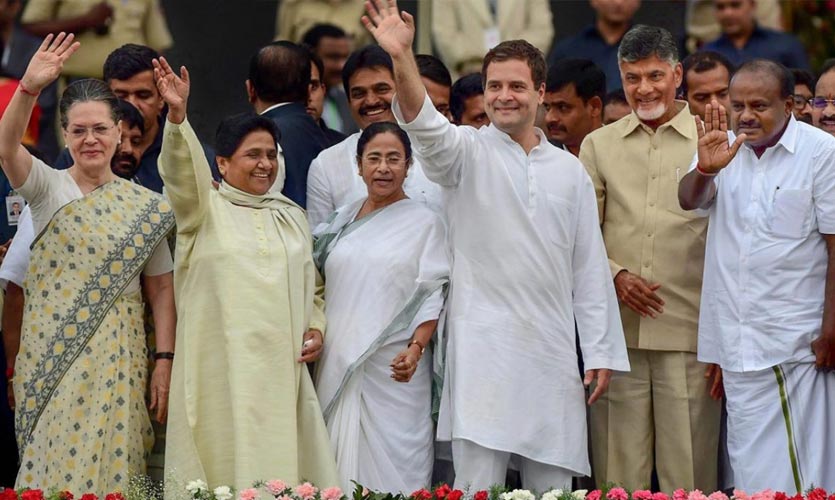Twelve new bills were introduced during the Indian parliament’s monsoon session for 2021, of which, all but two have got the nod of the respective House. None of the bills has been referred to the standing committee so far. The recent Pegasus row has been the highlight of the discussions, as well as the cause of disruptions.
The parliament has met after a long time. The winter session last year was cancelled due to the pandemic, and the previous three parliament sessions were curtailed. Quite a few measures had to be taken so that the parliament could be safely in session this time.
The opposition has publicly criticised the Centre for passing the bills too quickly, without due discussion. While the raging pandemic is still a factor in ensuring more work is done in less time, disruptions during the sessions have caused a major loss of time.
Congress leader Adhir Ranjan Chowdhury recently alleged, “What is happening is that bills are being passed without any discussion now because of which the opposition’s views on bills are neither articulated nor reflected.” He further added, “Bills are being bulldozed.”
Despite the opposition’s demand for discussion, the Tribunals Reforms Bill, 2021 was passed by the Lok Sabha in under 9 minutes. The bill seeks to dissolve certain appellate bodies such as the Cinematograph Act, 1952, the Trade Marks Act, 1999 and the Copyright Act, 1957, and transfer their functions (such as adjudication of appeals) to other existing judicial bodies like the High Court.
A discussion on this was key as although the government has said otherwise, the step could add to the workload of the already overburdened courts.
While the opposition is clearly in the know of what is required as is evident from these allegations, on August 2, the Lok Sabha had to be adjourned due to excessive sloganeering about the Pegasus case.
Lok Sabha speaker Om Birla had to ask parliamentarians to let the proceedings continue as crores of rupees were being spent to ensure that debates could happen in the house. A day later, Congress leader Rahul Gandhi united opposition leaders across party lines over a breakfast meeting, as the general sentiment was such that the government wasn’t listening to them.
Describing the events of the day, Congress parliamentarian Shashi Tharoor tweeted: “After a sumptuous breakfast, leaders of eleven Opposition parties spoke briefly about the importance of unity in Parliament and on the ground in the struggle against the anti-people policies & undemocratic actions of the BJP government. We are witnessing something special here.”
Read more: India Needs A Stronger Opposition, But The Congress Is Not It
Last week, a figure of ₹133 crore was widely reported in the media, as the amount of taxpayers’ money that had been wasted due to the disruptions caused in the parliament. Till that time, the parliament had only worked for about 18 hours out of the scheduled 107 hours. The opposition and the government are both blaming each other for not being cooperative enough.
According to PRS Legislative Research, the Coconut Development Board (Amendment) Bill, 2021 was discussed in both Houses for five minutes each, before being passed. The highest total time was spent discussing the Juvenile Justice (Care and Protection of Children) Amendment Bill, 2021 – almost four hours in Lok Sabha during the Budget Session earlier this year, and 18 minutes during the monsoon session in the Rajya Sabha.
Similar time was spent discussing varying issues and questions in the parliament. The opposition’s focus on the Pegasus snooping case is bringing it a lot of attention but is also taking away from the time that could perhaps be spent discussing other key aspects of budgeting and legislation.










